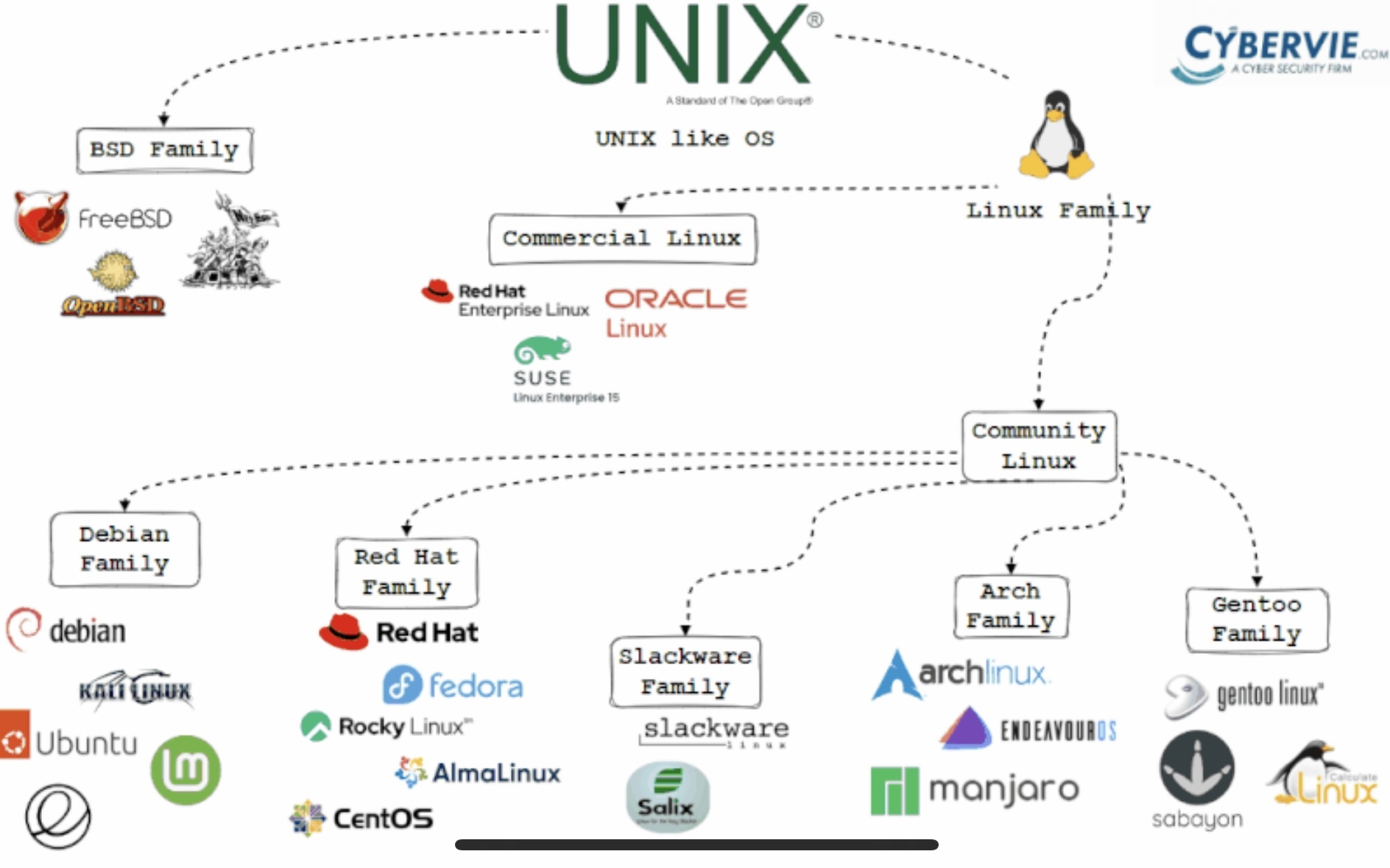Yeah, just a note, basically these Linux distros are the same at their “core”, but what differs among them is mostly about the software they have and the way they’re managed.
So you have distros that offer only open source software in their repository, some include proprietary drivers. Some distro families will have some differences in the path of certain folders, different families use different formats of their packages (which include the actual binary of the software together with the metadata about how to install them in the system), although a purely Linux binary should be executed in any Linux distro. Some offer more guidance during installation and setup, some offer a more “raw” experience that force you to chose every little detail, and so on.
Another difference is in their philosophy of how the packages and dependencies are made available. Distributions such Arch Linux and its derivatives always offer the latest versions of each package, reason why they’re called “rolling release”. Distributions such as Debian offer a specific version that’s “frozen” and tested thoroughly until a new version of Debian is released with more updated software.
Some say a rolling release distro is better for gamers because you always get the latest features and performance improvements, but they’re naturally less reliable than a stable distro.
So I’d say the important thing is to understand the trade-offs so that you can choose the best thing for you. And also there’s no downside of experimenting different distros in a virtual machine, for example.




Also AWK is made to be fast, right? I suppose doing something in CPython in a non efficient way might not be noticeable with a bit of text, but would show up with a large enough data stream.